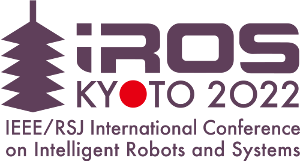Overview
Recent intelligent perception and navigation techniques have obtained wide attention in the areas of autonomous robots and systems. Autonomous robots and systems capable of operating in well and partially-structured environments are emerging. As we look to the future, robots that are capable of operating in genuinely unstructured and dynamic environments remain a significant challenge.
One can determine an environment for an autonomous robot to be unstructured or dynamic based on many aspects. For instance, for UGVs in an outdoor setting we could mean the varying lighting conditions and the many natural structures with no clear object boundary. Typically these outdoor environments lack many dynamic objects. Additionally, one could also consider the loading area of a sea port or a logistics center with consistent lighting conditions to be unstructured due to the many dynamic objects and the lack of a consistent map of the environment.
We are hosting the second PNARUDE Workshop, where we aim to explore and discuss novel methods and experience in these and many other examples of unstructured and dynamic environments for autonomous robotics. The workshop offers a broad view of different research areas in the field of perception of unstructured environments which is supported by some excellent speakers.
Speakers
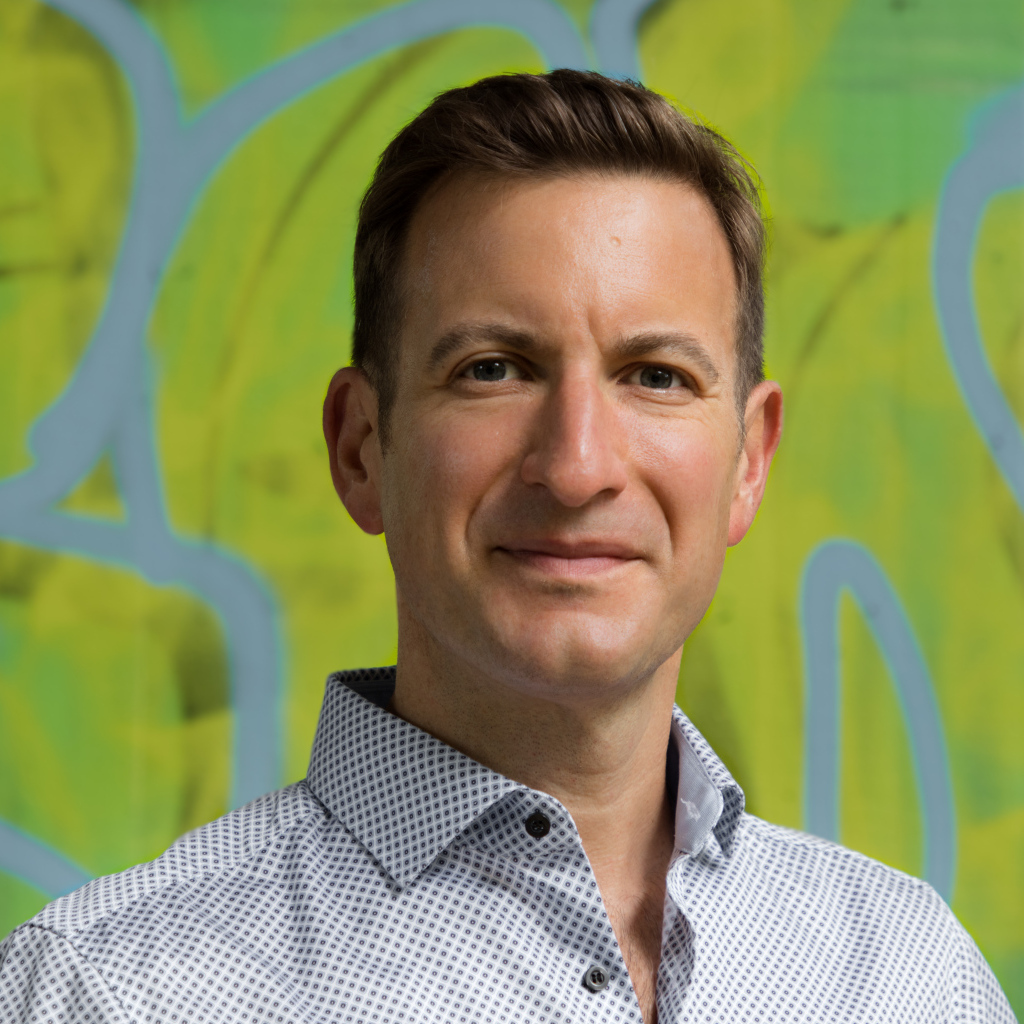
Prof. Cyrill Stachniss
University of Bonn, Germany
Cyrill Stachniss is a German roboticist. He is a Full Professor at the University of Bonn and heads the lab for Photogrammetry and Robotics. He is additionally a Visiting Professor in Engineering at the University of Oxford. He made significant contributions to problem of the mobile robot exploration, simultaneous localization and mapping (SLAM) as well as other topics related to mobile robotics.
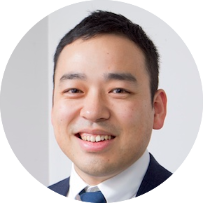
Prof. Yusuke Tamura
Tohoku University, Japan
Yusuke Tamura is currently an Associate Professor with the Department of Robotics, Graduate School of Engineering, Tohoku University, Sendai, Japan. His research interests include human–robot interaction, mobile robotics, and remote control technology.
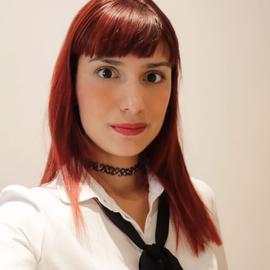
Dr. Marija Popović
University of Bonn, Germany
Marija Popović is a Junior Research Group Leader at the University of Bonn and Cluster of Excellence "PhenoRob". Her research is centred around developing algorithms to enable intelligent decision-making for autonomous mobile robots, both aerial and ground. Her research group in PhenoRob focuses on furthering robot autonomy in agricultural applications.
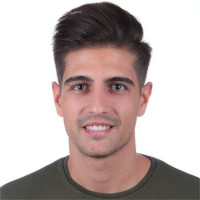
Ruben Mascaro Palliser
ETH Zurich, Switzerland
Ruben started his PhD at the Vision for Robotics Lab, lead by Margarita Chli, in October 2018. He has previously worked as a software engineer in the automotive industry and as a research assistant at the Automatic Control Department (ESAII) of the Polytechnic University of Catalonia. His main interests are vision-based localization, mapping and higher-level scene understanding algorithms for autonomous robots.
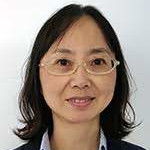
Prof. Huijing Zhao
Peking University, China
Huijing Zhao is a Professor of Machine Intelligence at Peking University. Her research interest covers image sensing, computer vision, and spatial data handling for GIS applications.
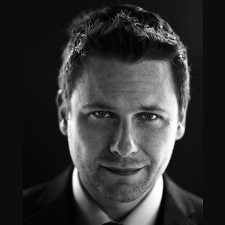
Prof. François Pomerleau
Laval University, Canada
François Pomerleau is a professor in the Computer Science and Software Engineering Department at Laval University in Canada. His research interests include 3D reconstruction of environments using laser data, autonomous navigation, search and rescue activities, environmental monitoring, trajectory planning and scientific methodology applied to robotics.
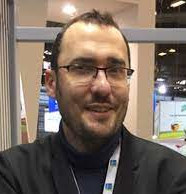
Dr. Roland Lenain
INRAE, France
Dr. Roland Lenain is a researcher in off-road mobile robotics at the TSCF unit of INRAE at Clermont-Ferrand. Roland is also in charge of the RobAgri association and his research interests include adaptive and predictive control of mobile robots in the context of natural environment and its application in the field of agricultural robotics.

Prof. Danwei Wang
Nanyang Technological University, Singapore
Danwei Wang is professor in the School of Electrical and Electronic Engineering at NTU and director at the ST Engineering-NTU Corporate Lab. His research interests include robot active perception and multi-modal sensor fusion, robot autonomy and traffic signal control for urban road networks.
Schedule
This is a preliminary version of the schedule and may be subject to change.
Accepted Papers
The accepted extended abstracts for the PNARUDE'22 workshop at IROS 2022 can be accessed below:
Radar-based Angular Correction for Tightly-coupled LiDAR Odometry
Hyesu Jang, Minwoo Jung, Sangwoo Jung and Ayoung Kim
Can Transformer Attention Spread Give Insights Into Uncertainty of Detected and Tracked Objects?
Felicia Ruppel, Florian Faion, Claudius Gläser and Klaus Dietmayer
Deep Reinforcement Learning oriented for Real World Dynamic Scenario
Diego Martı́nez, Luis Riazuelo and Luis Montano
SectionKey: 3-D Semantic Point Cloud Descriptor for Place Recognition
Shutong Jin, Zhenyu Wu, Chunyang Zhao, Jun Zhang, Guohao Peng and Danwei Wang
Collection and Evaluation of a Long-Term 4D Agri-Robotic Dataset
Riccardo Polvara, Sergi Molina Mellado, Ibrahim Hroob, Grzegorz Cielniak and Marc Hanheide
Generating people flow from architecture of real unseen environments
Francesco Verdoja, Tomasz Piotr Kucner, Ville Kyrki
CERBERUS: Simple and Effective All-In-One Automotive Perception Model with Multi Task Learning
Carmelo Scribano, Giorgia Franchini, Ignacio Sañudo Olmedo and Marko Bertogna
S-MKI: Incremental Dense Semantic Occupancy Reconstruction Through Multi-Entropy Kernel Inference
Yinan Deng, Meiling Wang, Danwei Wang and Yufeng Yue
Design of a bi-monocular Visual Odometry System for Lava Tubes exploration
César Debeunne, Alex Torres and Damien Vivet
Predicting Dense and Context-aware Cost Maps for Semantic Robot Navigation
Yash Goel, Narunas Vaskevicius, Luigi Palmieri, Nived Chebrolu, Cyrill Stachniss
Organizers

Prof. Danwei Wang
Nanyang Technological University, Singapore
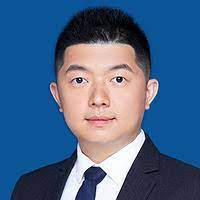
Prof. Yufeng Yue
Beijing Institute of Technology
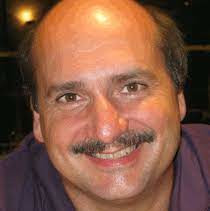
Dr. Philippe Martinet
INRIA Sophia-Antipolis

Dr. Christian Laugier
INRIA Grenoble Rhône-Alpes

Dr. Roland Lenain
INRAE Paris
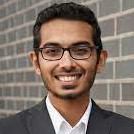
Prof. Abhinav Valada
University of Freiburg
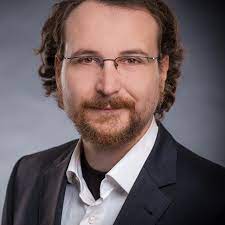
Dr. Jens Behley
University of Bonn
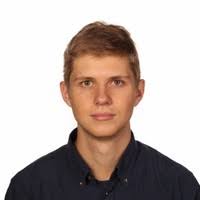
Peter Mortimer
Bundeswehr University of Munich
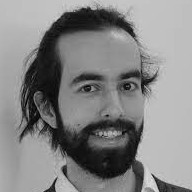
Raphael Hagmanns
Fraunhofer IOSB
